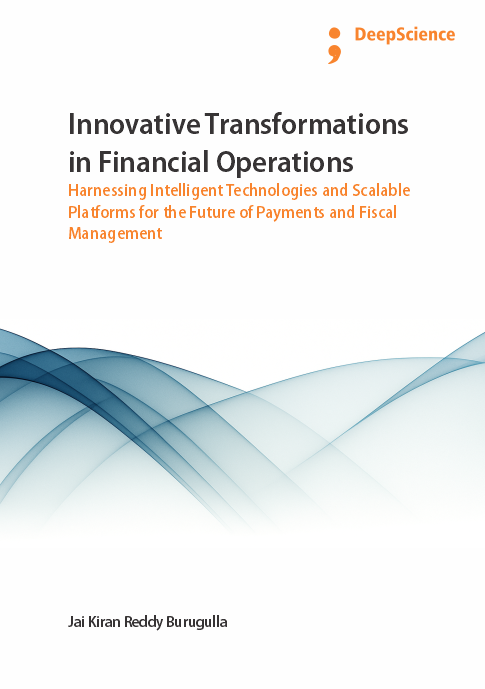Leveraging behavioral economics for customer-centric financial strategy design
Synopsis
Behavioral Economics originates from the overlapping intersection of Psychology and Microeconomics, adopting basic principles from both disciplines in order to develop new insights and enhance our understanding of human behavior. More specifically, Behavioral Economics seeks to include insights from psychology that concern the cognitive, adaptive, and emotional elements of thought as supplementary and corrective elements to microeconomics. Basically, it tries to answer the demand from contemporary and not so contemporary scholars for a theory of choice to fill the gaps in traditional neoclassical models; an issue first raised over 250 years ago, but it has even been considered a desideratum in neoclassical theories. Therefore, Behavioral Economics discusses how psychological insights influence economic decision making processes, with the hope of developing models of behavior that are richer, and therefore better at explaining human behavior.













